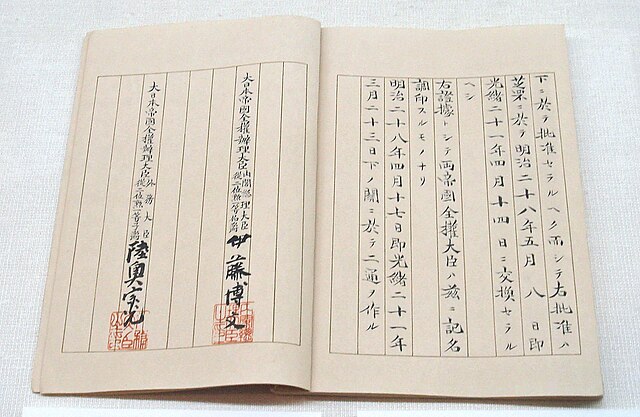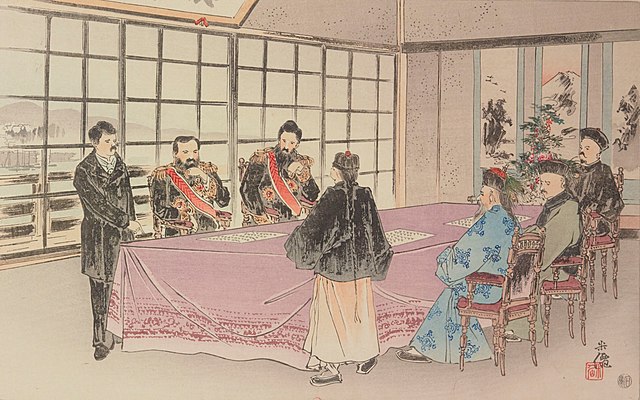Infinite photos and videos for every Wiki article ·
Find something interesting to watch in seconds
Celebrities
Recovered Treasures
Great Museums
Presidents
Largest Palaces
Wonders of Nature
Best Campuses
British Monarchs
Great Cities
Sports
Orders and Medals
World Banknotes
Great Artists
History by Country
Famous Castles
Countries of the World
Ancient Marvels
Tallest Buildings
Wars and Battles
Kings of France
Rare Coins
Animals
Largest Empires
Crown Jewels
Richest US Counties
Supercars
more top lists





